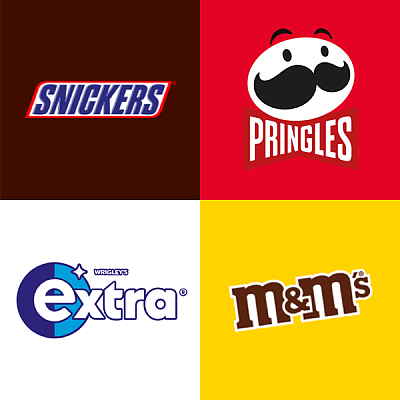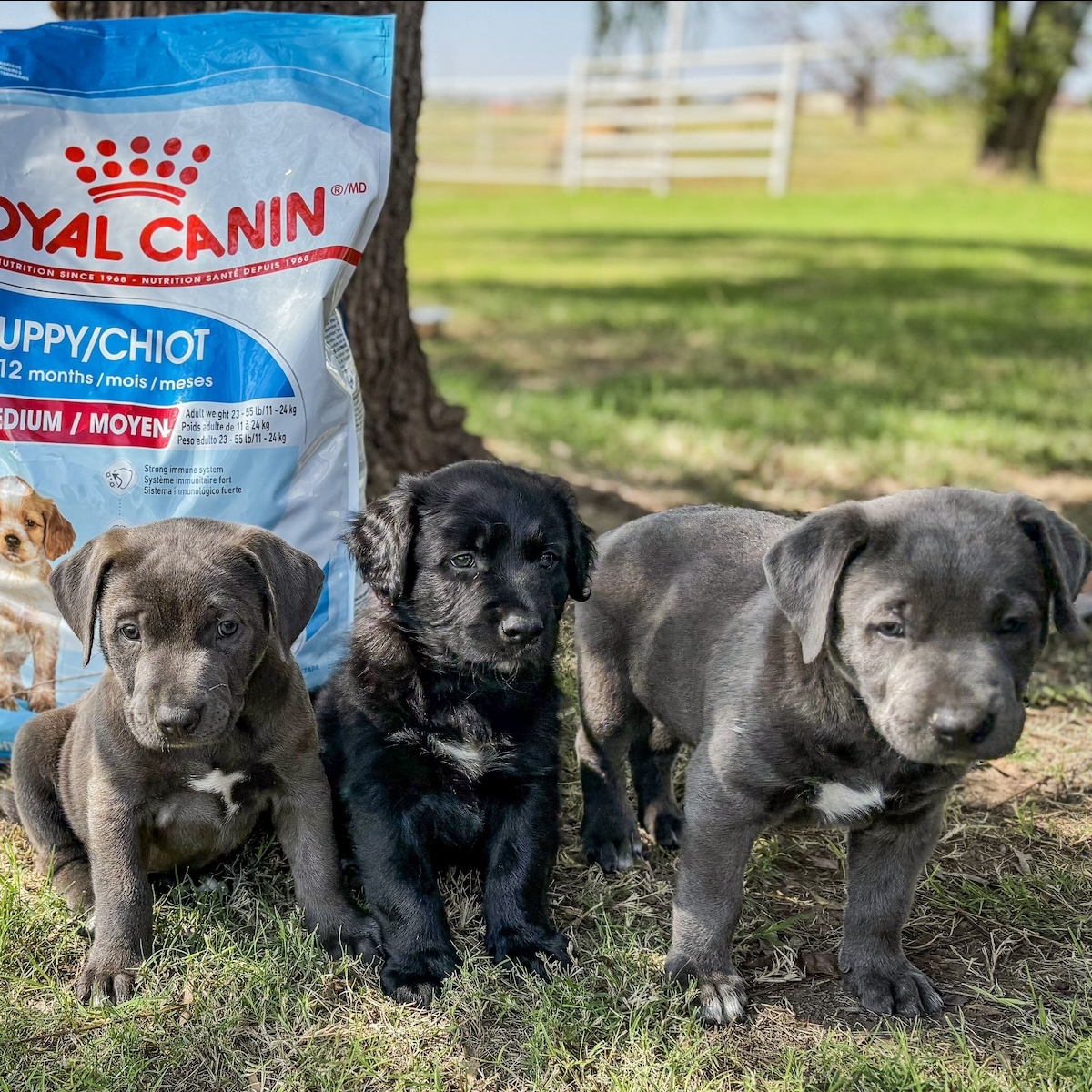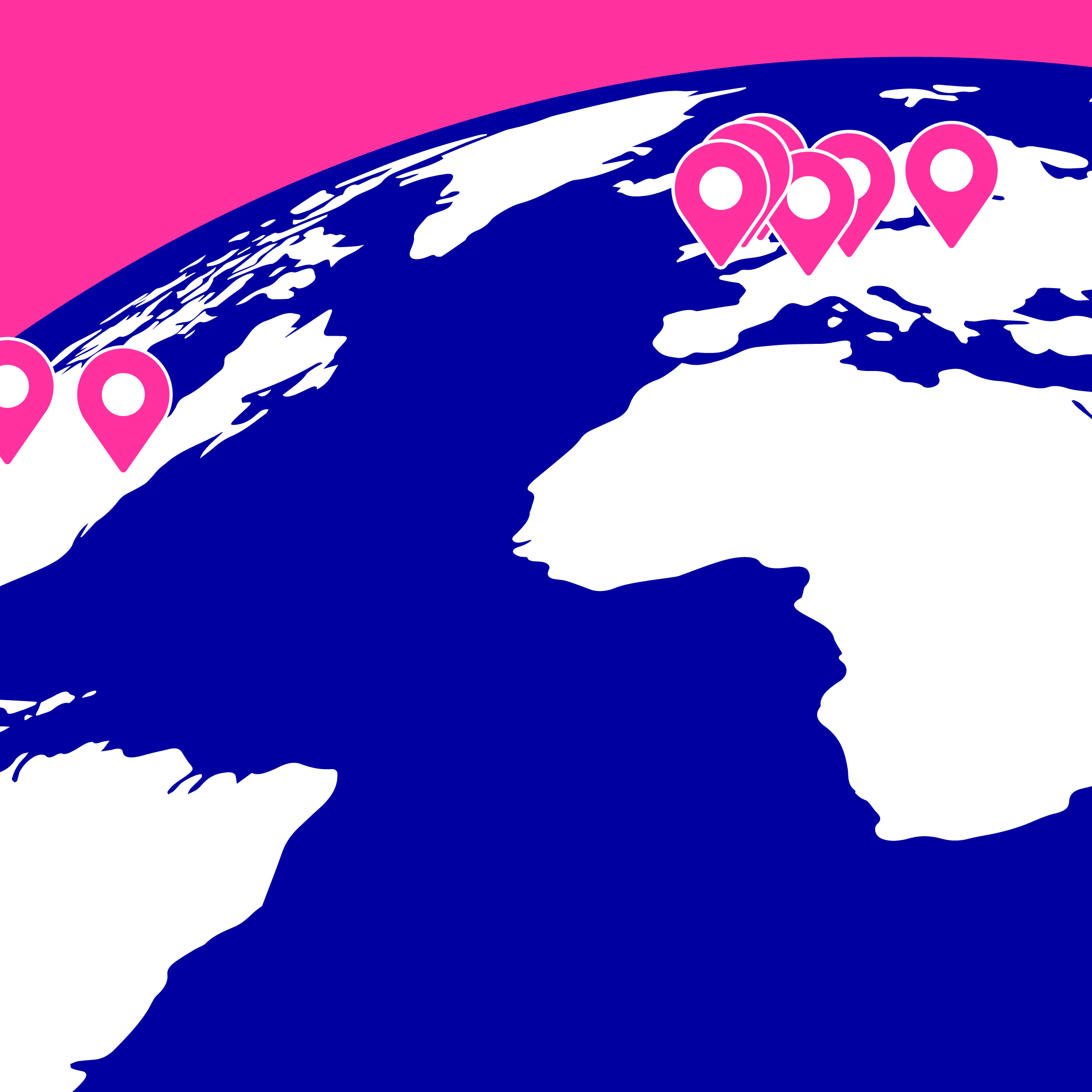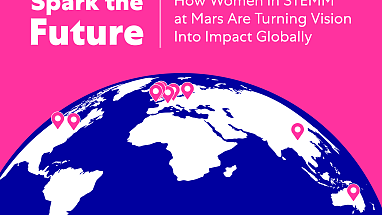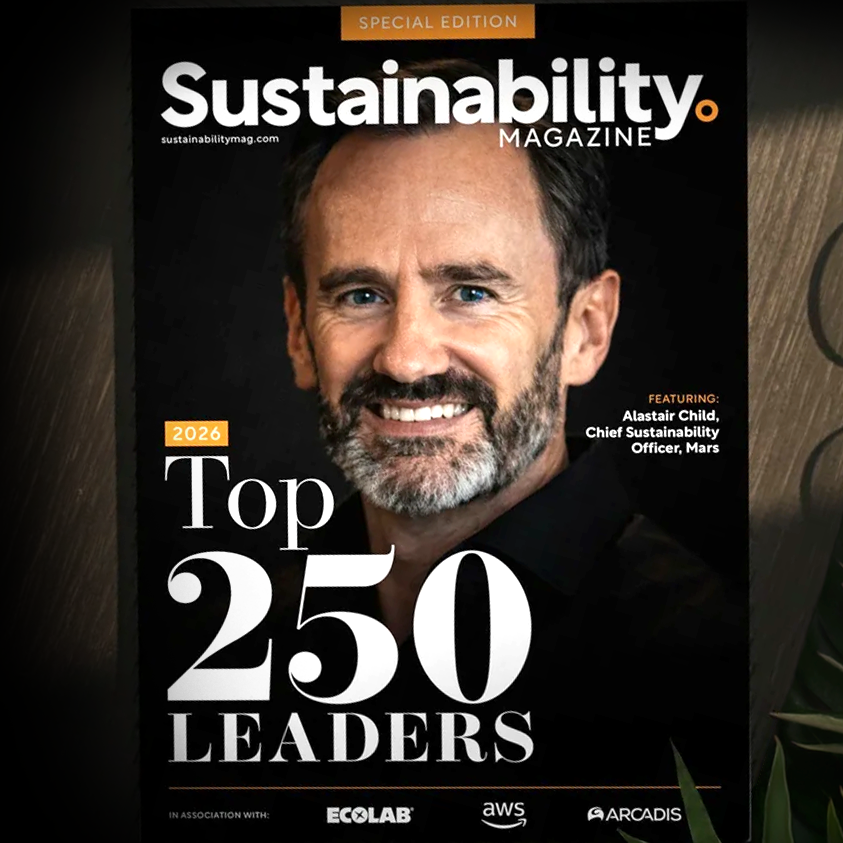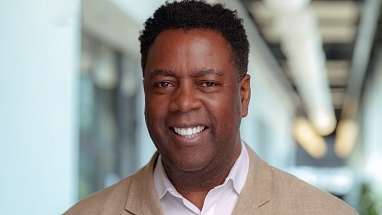This article has been updated since publication.
At Mars, cocoa holds a special place in our heritage. For over a century, we've sourced cocoa for our beloved brands, contributing to Mars’ pursuit of quality growth. Beyond its significance to us, cocoa is essential to the livelihoods of approximately 350,000 farmers in our global supply chain, many of whom are smallholders. We depend on cocoa farming communities, and this mutual relationship drives us to continuously strive to be a trusted partner.
Our Cocoa for Generations strategy(Opens a new window) represents an unwavering commitment to making a substantial and lasting positive difference for cocoa farmers, their families, communities and the environment. We've pledged one billion dollars over a decade, starting in 2018, to accelerate our interventions and bring about real change, ensuring that 100% of our cocoa is responsibly sourced and traceable from the farm to the first point of purchase by 2025.
Part of this strategy was the development of our Protecting Children Action Plan, published in February 2020.
Protecting Children Action Plan
The PCAP is our strategic approach to protecting children in cocoa farming communities and sets out how we identify, prevent and mitigate human rights issues with a focus on child and forced labor in our extended cocoa supply chain. Our PCAP approach comprises four main levers, designed to be mutually reinforcing:
Robust Child and Forced Labor Monitoring and Remediation Systems
Our Ambition: 100% of at-risk families from which we source cocoa through our Responsible Cocoa program to be covered by child and forced labor monitoring and remediation systems by 2025.
Embedding child and forced labor monitoring and remediation systems into the cocoa supply chain is key to understanding the risks to people working within it. Our first priority is to ensure our suppliers have robust child and forced labor monitoring and remediation systems in place that are designed to identify, prevent and help to remediate cases of child labor and forced labor as appropriate. In 2022, 65% of our supply from Ghana, Côte d’Ivoire, Cameroon and Nigeria were covered by Child Labor Monitoring and Remediation System(Opens a new window), reaching 135,000 cocoa farming families. Additionally, more than 152,000 farmers received human rights sensitization and training.
Women’s Social and Economic Empowerment
Our Ambitions:
Expand CARE’s Village Savings and Loans Associations (VSLAs) to help economically and socially empower women and men through financial literacy, household savings and loans, and diversified income.
Embed a gender transformative approach into cocoa policies, strategies, partnerships and programs linked to advancing respect for human rights and improving the environment and farmer incomes.
The empowerment of women and girls in the cocoa supply chain catalyzes progress toward increasing incomes, protecting human rights and preserving forests. Mars envisions a world where cocoa farming is truly inclusive, where resources are offered in a non-discriminatory manner and accessible to all cocoa farmers regardless of gender, and where women and girls in cocoa farming communities can reach their full potential.
To make that vision a reality, in 2016 Mars has teamed up with CARE to create the ‘Women for Change’ program(Opens a new window). The Women for Change (W4C) model, which originated in Côte d’Ivoire and is grounded in a proven theory of change, builds on CARE’s successful Village Savings & Loan Association (VSLA) approach.
Encouraged by the results achieved by W4C, in 2020, Mars committed to scale up the W4C model with an additional investment of $10 million, including an expansion of the model to Ghana. As of 2022, the program has already exceeded its initial targets by reaching more than 77,000 W4C VSLA members (over 75% are women). That number is expected to reach 100,000 by the end of 2023. To date, the W4C members have collectively saved over $7.4 million in total to invest back into in their businesses and family needs(Opens a new window).
Embedding A Gender Transformative Approach
Women and girls' empowerment is a dynamic and transformative process of change, which requires addressing gender inequalities and disempowerment across multiple dimensions. To address these challenges, we partnered with the Royal Tropical Institute(Opens a new window) (KIT) to conduct qualitative research to understand and explain behaviors, experiences and attitudes in relation to the inequality and disempowerment that women face in their daily lives in cocoa growing communities in Côte d’Ivoire, Ghana and Indonesia. It was concluded that the longer-term, often overlooked and neglected “mainstreaming” work of changing mindsets and social norms is essential if we want to make meaningful progress in lowering barriers to equality, reducing poverty and unlocking the full potential of women and girls. Mars is committed to taking action by embedding a gender transformative lens(Opens a new window) into its cocoa policies, strategies, partnerships and programs linked to human rights, the environment and farmer income.
The detailed findings have been described in the following two reports:
KIT Empathy Report(Opens a new window)
KIT Viability Report(Opens a new window)
Increasing Access to Quality Education and Development Opportunities for Children
Our Ambition: Access to safe, quality education for youth in cocoa farming communities.
Access to quality education and development opportunities for children are critical components of driving better long-term futures for children in cocoa-growing communities. Investing in education can have a positive circular effect: educated children can earn higher incomes as adults and contribute more to the development of their own children, households and communities.
Under the leadership of the Ivorian Government and in collaboration with other partners, we have officially launched the Child Learning and Education Facility dedicated to enhancing access to and the quality of education in cocoa-growing regions of Côte d'Ivoire by constructing school infrastructure, training teachers in effective pedagogical practices, and engaging parents in their children's learning. Together, we aim to impact the lives of over four million children.
Increasing Income
At Mars, we believe everyone working within our extended supply chains should earn sufficient income to maintain a decent standard of living. Increasing their income is incredibly complex, and it is only one aspect of the multi-dimensional poverty small holder farmers are facing. No single player can solve poverty alone but as a company we can play a significant role, using an evidence-based and principles-led approach alongside other critical actors, including governments, suppliers, supply chain partners, the Farmer Income Lab(Opens a new window) and the farmers themselves, in achieving this ambition.
Based on research from the Farmers Income Lab, a “think-do” tank founded by Mars, companies sourcing strategies should bundle interventions, customize approaches and partner to drive impact at scale.
In 2022, Mars applied findings from the Lab to launch a series of test-and-learn pilots. These pilots blend best-practice interventions designed to unlock farmers’ entrepreneurial skills, diversify income and boost productivity. The ultimate goal? To fortify farm resilience and accelerate incomes. We aim to scale these successful strategies and put 15,000 cocoa farmers in Ghana, Côte d’Ivoire and Indonesia on a sustainable living income path by 2030.
Read more on the groundbreaking, farmer-first programs.
Read our Protecting Children Action Plan.
Read our Respecting Human Rights in The Cocoa Supply Chain Report.
Read our 2022 Cocoa for Generations Report.


